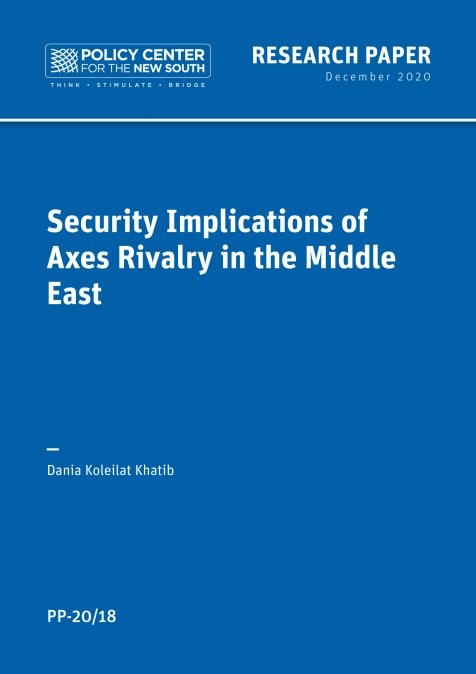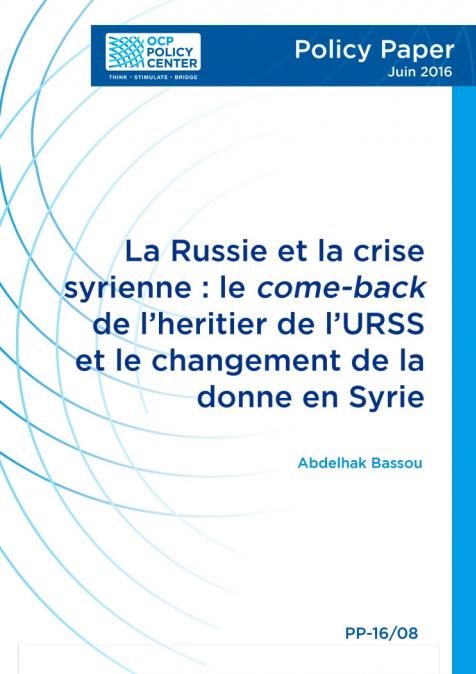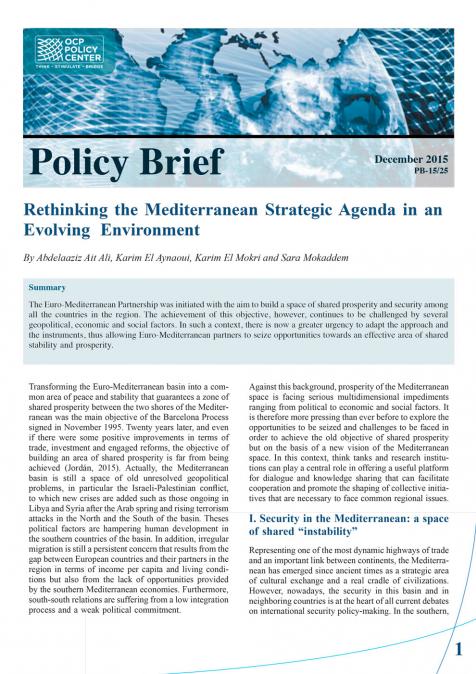Publications /
Research Paper
Research Paper
Security Implications of Axes Rivalry in the Middle East
December 11, 2020
The Arab Spring led to the collapse of dictatorships that ruled the region for decades, creating a void that triggered increased rivalry between three axes seeking to expand influence and control in the region. Using the theoretical framework of ‘offensive realism’ developed by Mearsheimer, this paper analyzes the build-up and circumstances surrounding the intensification of the rivalry between Qatar/Turkey, Saudi Arabia/the UAE and Iran and how this rivalry has become a major driver behind conflicts in the region.









